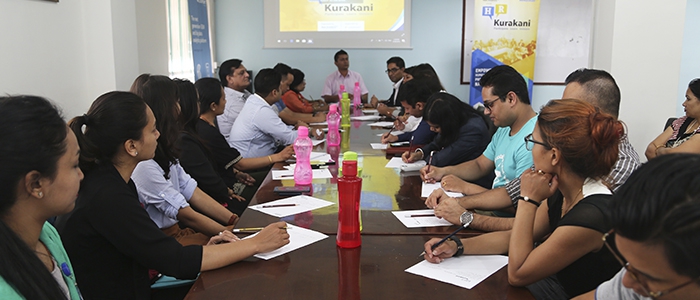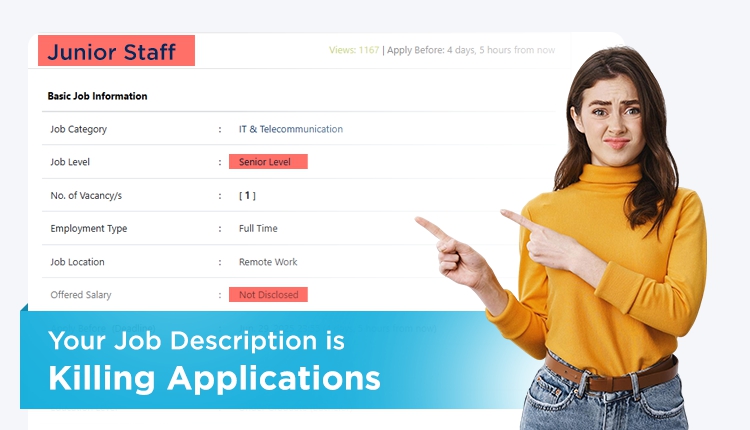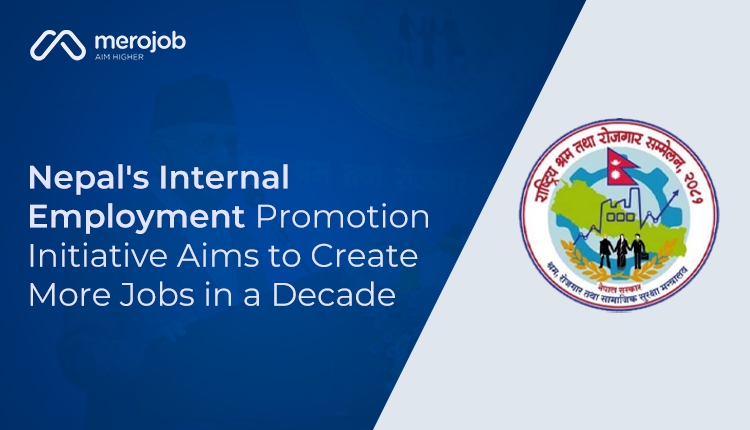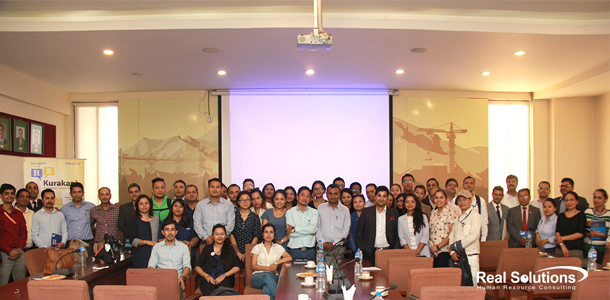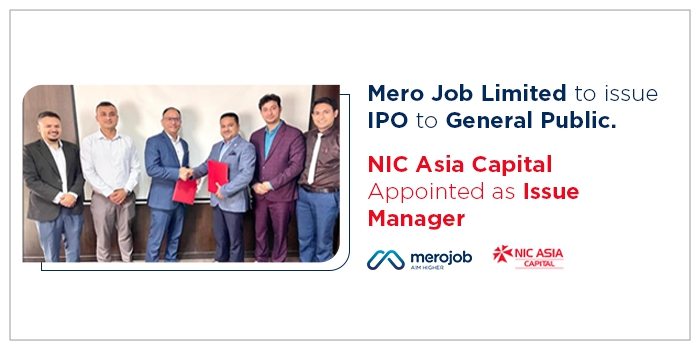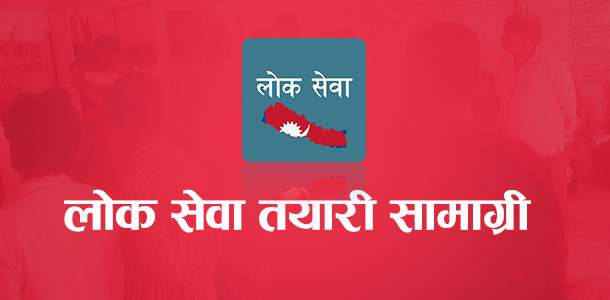Hosted by Real Solutions P. Ltd on last Wednesday of English calendar every month, 71st edition of HR Kurakani was held on 29th August 2018 at Logpoint, Jawalakhel. Offboarding employees being a very crucial function, HR kurakani was focused on the idea, opinion & story sharing of managing offBoardings.
Mr. Rajan Koirala, Line Manager at merojob moderated the session with the welcome note and introduction of about 35 participated HR professionals from diverse organization. To begin with the discussion he first outlined the off boarding checklist among the participants.
- Communication
of departure
- Transferring the
employee’s knowledge to their successor
- Recovery of company
assets
- Updating
organization charts and company directory
- Revoking systems
access
- Completing final pay
process
- Performing an exit
survey or interview
- Provide letters of reference and exiting documentation
- Thank the exiting employee
- Engage the former employee in an alumni group
The participants at the Kurakani took to discussing each of the above in detail and agreed that their implementation would be beneficial.
Off boarding process starts from the moment HR receives a resignation notice. While practitioners understand that employees would eventually leave the organization for diverse reasons; the most common reason from the employees end for the separation are switching between organizations for better opportunities, a better position at a better compensation package or going aboard for further studies whereas employers also separate their employees with termination letter or because of downsizing.
However, once an employee gives his resignation to the department head or the management, it is important for HR to schedule the first meeting to identify the root cause. They agreed that resignation does not always lead to separation and there is always a chances of retention and professionals shared their story on how employee have withdrawn their resignation after counseling and certain level of negotiation.
Once the signed resignation is accepted, it is vital to issue the “letter of acceptance of resignation” to the concerned employee and inform the IT, Payroll and Finance Department. “Offboarding process, if not handled in an efficient manner, can lead to various legal complications,” added Mr. Manoj Giri.
Further elaborating the offboarding checklist while sharing their stories professional agreed that “Employees don't leave companies they leave their managers.” Offboarding should be managed legally, fairly and properly and is also connected with Emotional Intelligence of HR Managers. While there were also some bitter cases where employee did not come to the office and nor did he informed about his whereabouts and employer had to seek the legal help and stop him in the immigration. While there were also some wonderful experience where employee gave his resignation stayed longer than the notice period and cut the farewell cake. Also there were stories from few organization where separation or termination is practiced in an unethical manner such as – firing employee without any prior notice or any reason as such.
Here professional agreed that off boarding should be tackled empathically as it is more than just the logistics; more than returning their company belongings and access grants. Concentrating on delivering a consistent, employee-focused offboarding experience leaves a positive, lasting impression on former employees — inviting them to endorse brand, serve as a great referral source considering the same organization as a future employer. Hence it is mandatory for to have formalized offboarding practice to be accurate and professional.
The participants at the kurakani also shared the importance of exit interviews or survey. They added that, survey gives them clues about work culture, processes, ethics and morale about their own organization allowing departing employees to discuss their perceptions and reasons for leaving. HR can monitor these responses and determine trends and patterns over time which might be useful to revise the policy for future retention. In addition they shared how the outcome from informal exit interview is more transparent than from the formal session.
HR should ask the concerned employee to obtain no-due letter from all the concerned departments before departure. This involves the participation of various departments in the organization, including Human Resources, IT administrators and the Accounting department. Employers should be fair with the employees after the whole process in regards to provide letters of reference, remaining payrolls, provident fund, gratuity or any others. Concluding the discussion, participants in the Kurakani agreed that “It is always better ensure that when employee leaves, there remains a positive influence of organization from onboarding to the offboarding.”
